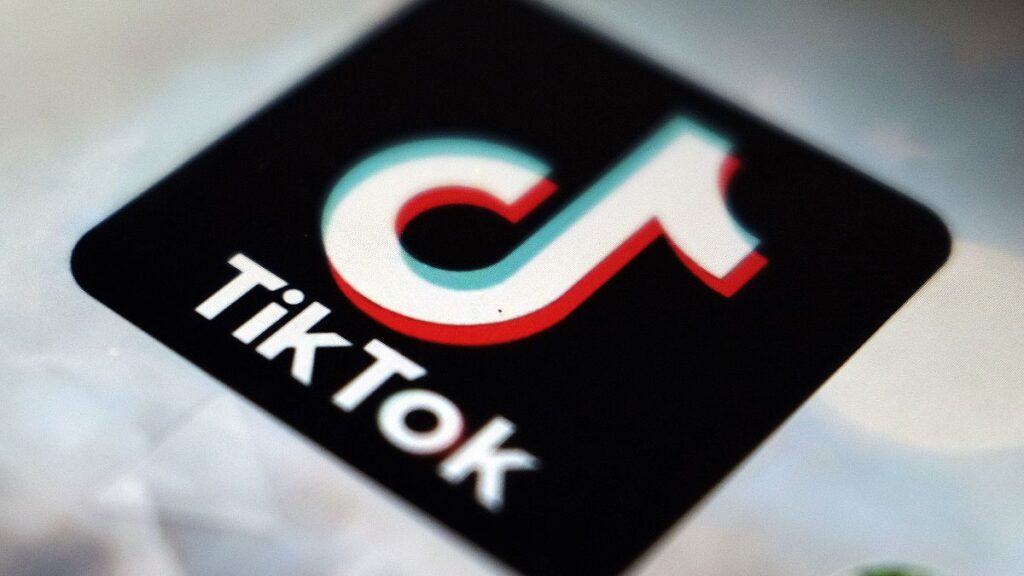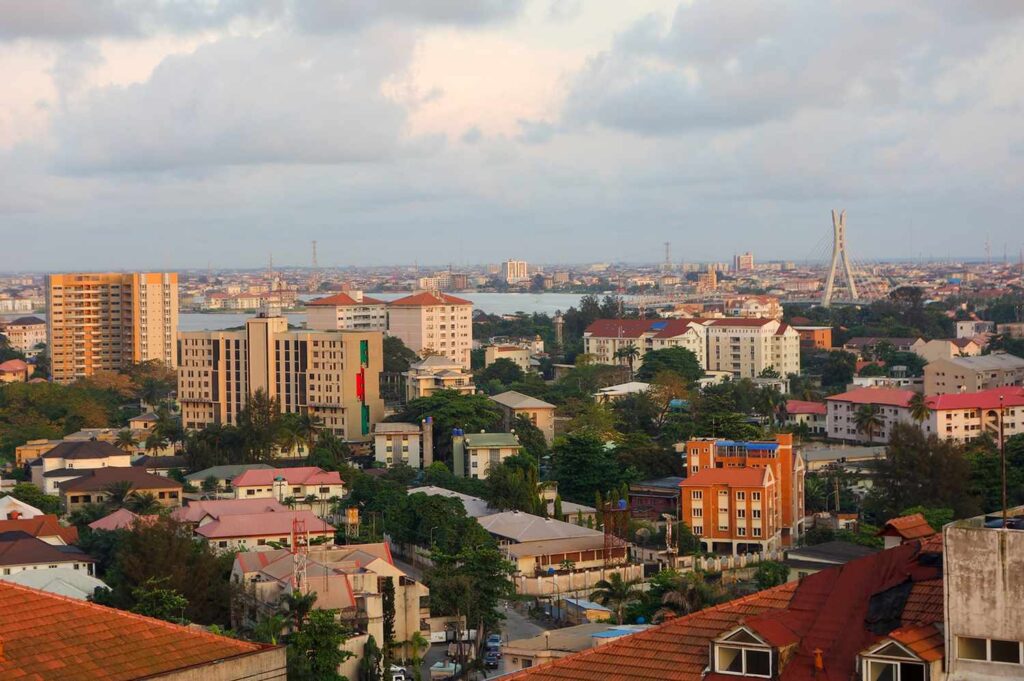Prime Minister Edi Rama said on Saturday that TikTok would be blocked in the new year, blaming the platform for rising incidents of violence and bullying, especially among young people.
A decision by Albania’s government to shut down the video streaming site TikTok for a year has been met with anger from some of the platform’s users in the country,
On Saturday, Prime Minister Edi Rama said TikTok would be blocked starting next year, blaming the platform for rising incidents of violence and bullying, especially among young people.
“We do not agree, me and my peers, because it is not TikTok bringing about quarrels among us. TikTok is something through which we disclose our daily life and entertain ourselves. That is, we exploit it during our free time. We do not agree with that because that’s a deprivation for us,” said 18-year-old user, Samuel Sulmani.
Some other young TikTokers agreed.
“TikTok is an app of entertainment and fun for us,” said Laura Legisi.
While Dajana Marku said, “TikTok does not have an impact on daily life. It does not have any link to events that have occurred.”
Albanian authorities held 1,300 meetings with teachers and parents following the death of a teenager in mid-November who was stabbed by another youth after a quarrel that allegedly started on the video hosting platform.
Rama, speaking at a townhall meeting, said TikTok “would be fully closed for all. There will be no TikTok in the Republic of Albania,” a move that is reportedly supported by 90% of parents and teachers the government spoke to.
Rama said the shutdown would begin next year but didn’t specify a date.
Anger over the ban has also been expressed at a political level.
“The dictatorial decision to close the social media platform TikTok is a grave act against freedom of speech and democracy,” said Ina Zhupa, a lawmaker of the main opposition Democratic Party.
“It is a pure electoral act and abuse of power to suppress freedoms.”
Albania holds parliamentary elections next year.
Following Tirana’s decision, TikTok asked for “urgent clarity from the Albanian government” in the case of the stabbed teenager.
The company said it had “found no evidence that the perpetrator or victim had TikTok accounts and multiple reports have confirmed videos leading up to this incident were being posted on another platform, not TikTok.”
But on Sunday, Rama said the decision to block TikTok was “not a rushed reaction to a single incident,” but rather “a carefully considered decision made in consultation with parent communities in schools across the country.”
“Either TikTok protects the children of Albania, or Albania will protect its children from TikTok,” he said in a post in Albanian and English on X.
Albanian children comprise the largest group of TikTok users in the country, according to domestic researchers.
But there has been growing concern among parents after reports of children taking knives and other objects to school to use in quarrels or cases of bullying promoted by content they see on TikTok.
Albania is too small a country to impose on TikTok a change of its algorithm so that it does not promote “the reproduction of the unending hell of the language of hatred, violence, bullying and so on,” Rama’s office wrote.
Authorities have set up a series of protective measures at schools, starting with an increased police presence, training programs and closer cooperation with parents.
Albanian authorities said they would follow how the company and other countries react to the one-year shutdown before deciding whether to allow the company to resume operations.
Albania’s decision comes after several European countries, including France, Germany and Belgium, introduced restrictions on children’s access to social media.
And Australia went a step further in November, banning social media outright for all youngsters under the age of 16.


